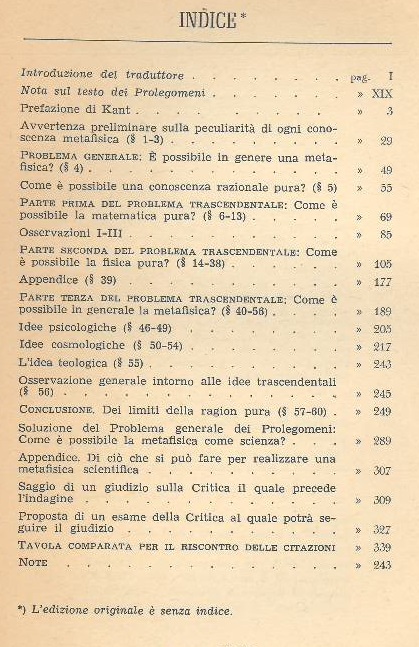Kant, Immanuel
Persona
Date 1724-1804
Paese GERMANIA Lingua TEDESCO
Kant, Emanuele
Kant, Emmanuel
Autore di 622 risorse
è soggetto di 294 risorse
1724-1804 // Filosofo. Nato e morto a Königsberg, allora capitale della Prussia orientale.
Bibliografia nazionale italiana: nuova serie del bollettino delle pubblicazioni italiane ricevute per diritto di stampa a cura della Biblioteca nazionale centrale di Firenze. A. 1, n. 1 (gen. 1958)- Firenze, Centro nazionale per il catalogo unico delle biblioteche italiane e per le informazioni bibliografiche, 1958- (CDROM
World biographical Index. Internet-edition. K. G. Saur Eletronic Publishing Munchen: www.saur-wbi.de
Deutsche National Bibliographie
Enciclopedia italiana di scienze lettere ed arti. Roma, Istituto della Enciclopedia italiana. 1929-
